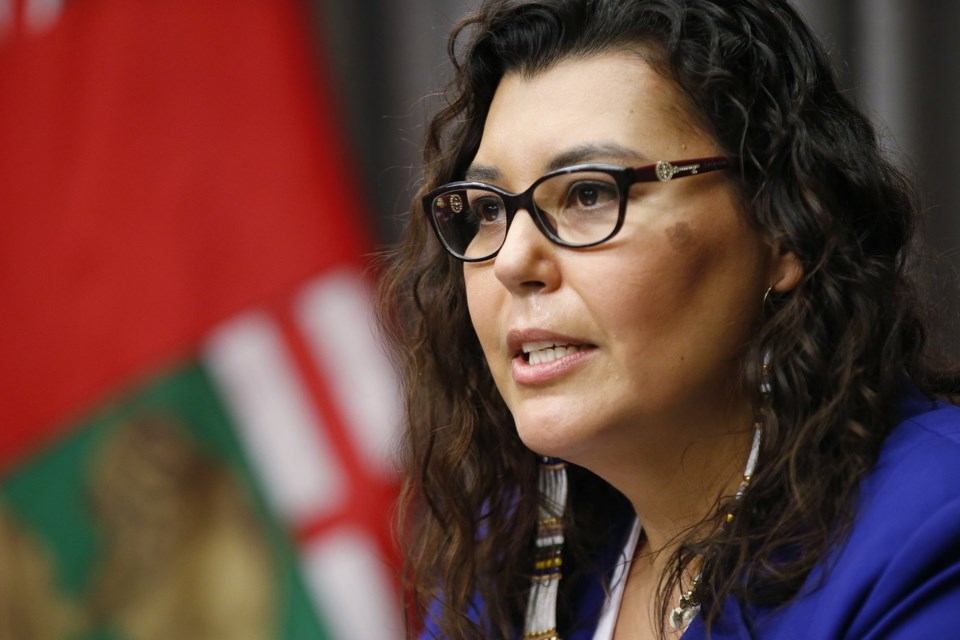WINNIPEG — Race-based data collected in Manitoba's health-care systems suggests Indigenous, African and Black patients are waiting longer in Winnipeg emergency rooms and often leave without seeing a doctor.
A report examining visits to emergency rooms and broken down by race says African and Black patients are triaged at the same rate as other racial groups, but are waiting the longest, upwards of five hours in some cases.
It also says Indigenous patients are visiting hospitals for similar triage reasons compared with white patients, countering the idea that Indigenous people are using emergency departments inappropriately.
Manitoba says it is the first in Canada to collect voluntary race-based data from patients when they register for care as a way to reduce systemic racism within the health-care system.
The report looked at the more than 618,000 emergency room visits that occurred between May 2023 and September 2024.
Project lead Dr. Marcia Anderson says the initial analysis shows that racism can be a factor affecting wait times and care provided by Manitoba's emergency departments.
“Emergency departments are very stressful environments, and the health system is facing many challenges in these areas," Anderson told reporters Tuesday.
"Unfortunately, in a system under stress, it is often those who are the most marginalized and who have the fewest resources to draw on who face the most severe impacts."
The report says the vast majority of people who leave against medical advice are Indigenous, accounting for almost two-thirds of all patients who do. More is needed to offer a positive therapeutic environment so patients don't feel the need to leave, said Anderson.
It also finds that it is likely Indigenous, African and Black patients who are systemically receiving lower triage scores than white people, suggesting that their concerns may not be taken seriously by hospital staff.
Researchers were unable to give an analysis on all populations because for some, like Latin American and Filipino people, the data set was too small.
Health Minister Uzoma Asagwara said the initial data shows Indigenous, Black and racialized people experience some level of systemic discrimination.
"We have real data that tells a story about what's happening in our health-care system," said Asagwara.
"It's an incredible opportunity that we have in Manitoba to be a leader in this space and to really work together to improve the health outcomes and health care experiences for Manitobans."
The data was collected by Shared Health, the provincial health organization, as part of an initiative led by Ongomiizwin, the Indigenous Institute of Health and Healing at the University of Manitoba.
This report by The Canadian Press was first published June 17, 2025.
Brittany Hobson, The Canadian Press



